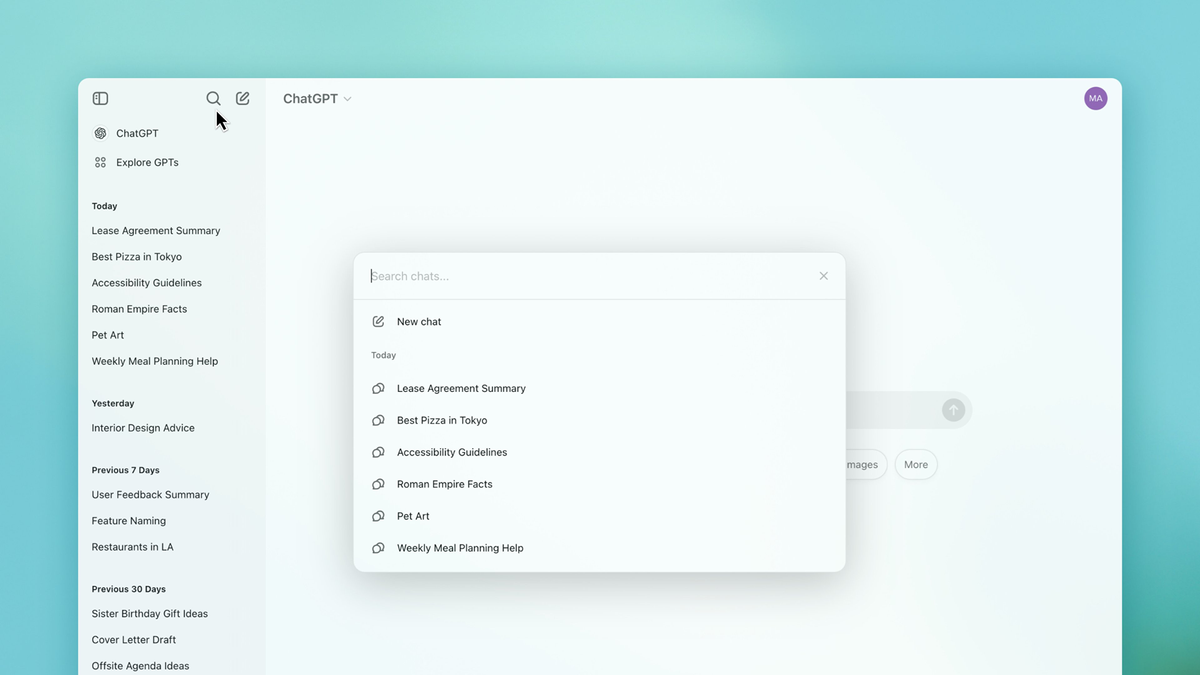Nearly two in five (38%) British consumers plan to reject third-party cookies when Google implements its now opt-in model on Chrome soon, with another one in five (22%) still undecided, new research has claimed.
A report from Apply Digital paints the picture of a very divided landscape, with around one-third each having a net positive (35%) or net negative (32%) view of cookies for their web browser.
Based on the responses of 2,000 UK residents, the study sheds light on evolving attitudes towards online data privacy and personalized online experiences. It arrives after years of efforts, failed attempts and delays by Google to phase out third-party cookies – a plan that is now being reconsidered.
Many Brits are prepared to block third-party cookies altogether
Attitudes towards cookies varied by age, with younger consumers typically more open to cookies that enable a fluid and connected experience across the web.
Despite these widespread concerns about online tracking, the desire for personalized online experiences remains strong, with around two in five (41%) more likely to purchase from brands that offer tailored services.
"While Google received a lot of criticism from marketers for backtracking on cookie deprecation, the results of our survey suggest that a stay of execution may have been sensible," noted Matt Gould, Chief Commerce Officer at Apply Digital.
However, some factors were highlighted that could influence consumers to share their data via third-party cookies. Incentives like rewards, points, personalized recommendations and promotions all hold this power.
Gould added: “If third-party cookies are to have a future over the longer term, businesses need to become more data smart in how they strike a balance between privacy, personalisation and control.”
More from TechRadar Pro
- Worried about how your data could be used? Consider the best privacy tools and anonymous browsers
- Your privacy on Chrome is at risk, here’s what you can do
- Protect your online footprint with the best VPNs




:quality(85):upscale()/2023/09/21/802/n/1922729/d9a11ce9650c8850437280.00070284_.jpg)
:quality(85):upscale()/2024/10/30/955/n/42301552/28e49c1e6722ab5b973b38.46745005_.jpg)


:quality(85):upscale()/2024/10/30/711/n/1922441/c62313206722590ade53c4.47456265_.jpg)
 English (US) ·
English (US) ·